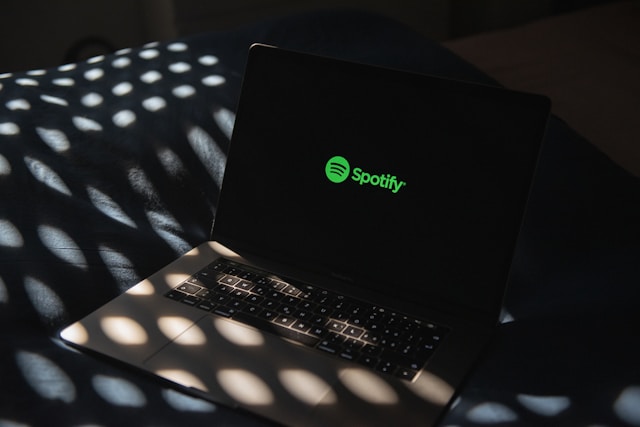How Did Spotify Come To Be
Imagine a world without instant access to any song, any artist, at any time. Before 2008, music lovers had to rely on a patchwork of platforms to listen to their favorite tunes. Then, Spotify revolutionized the music experience, propelling itself to the top of the digital music world. Founded by Daniel Ek and Martin Lorentzon, Spotify transformed music consumption with its innovative streaming service. But have you ever wondered, “Why is Spotify called Spotify?” Let’s turn up the volume on this global phenomenon’s backstory.
Background and Origins
In the mid-2000s, as the digital music era was gaining momentum, two Swedish entrepreneurs, Daniel Ek and Martin Lorentzon, decided to create a legal and user-friendly platform to combat the issue of music piracy. They established Spotify in 2006, and since its official launch in 2008, it has become synonymous with on-demand music streaming.
The Origin of the Name “Spotify”
The intriguing tale of how Spotify got its name stems from a brainstorming session between Ek and Lorentzon. According to company lore, during a late-night discussion in Lorentzon’s apartment, the founders were tossing around ideas when one suggested “Spotify.” There’s still some mystery shrouding the exact origins, as alternative stories suggest that the name was generated by combining “spot” and “identify” or was merely a result of mishearing a suggestion. Regardless of which version is accurate, the name Spotify stuck.
The Meaning Behind the Name
So, why is Spotify called Spotify? In essence, the name evokes the dual concepts of spotting and identifying music. Spotify became a platform where users could discover (“spot”) music and playlists, then stream (“identify”) their picks seamlessly, which was a game-changer in the digital music realm.
Trademark and Legal Considerations
Like many burgeoning companies, Spotify faced its share of challenges regarding trademark disputes. Early on, they were careful to maneuver these legal hurdles to ensure their unique brand name would be protected across different markets, giving them the strong identity known today.
Free 3 Months When You Register With Spotify Here
Brand Identity and Marketing Strategy
The name “Spotify” does more than provide an identity—it encapsulates the company’s core mission of seamless, expansive music access. The marketing strategy that ensued leveraged the uniqueness of the name, emphasizing discovery and the ease of finding the perfect track for any moment, which has resonated with millions worldwide.
“Why is Spotify called Spotify?” is more than a question about a name; it reflects how the platform engaged users and built a brand image centered on music discovery and personalization.
Impact on the Industry
Spotify’s influence extends far beyond its name. Other music streaming platforms have taken cues from Spotify’s branding, associating their services with ease of access, discovery, and innovation. The brand’s path to becoming a verb, much like “Google,” reflects its profound impact on the industry—as to “Spotify” music means to stream it with ease and freedom.
Conclusion
In unpacking the question, “Why is Spotify called Spotify?” we’ve tuned into the core of how a name can resonate with an audience, convey a service’s essence, and sing a message of innovation and quality. As we witness Spotify’s ongoing influence on the music industry, we’re reminded of the power held within a name—where a brand called Spotify has become as ubiquitous as the very music streaming through its servers.
Looking back, when asking “Why is Spotify called Spotify?” we discover that a name can indeed help chart the course of an industry, changing the way artists share their art and how the world listens to music.


